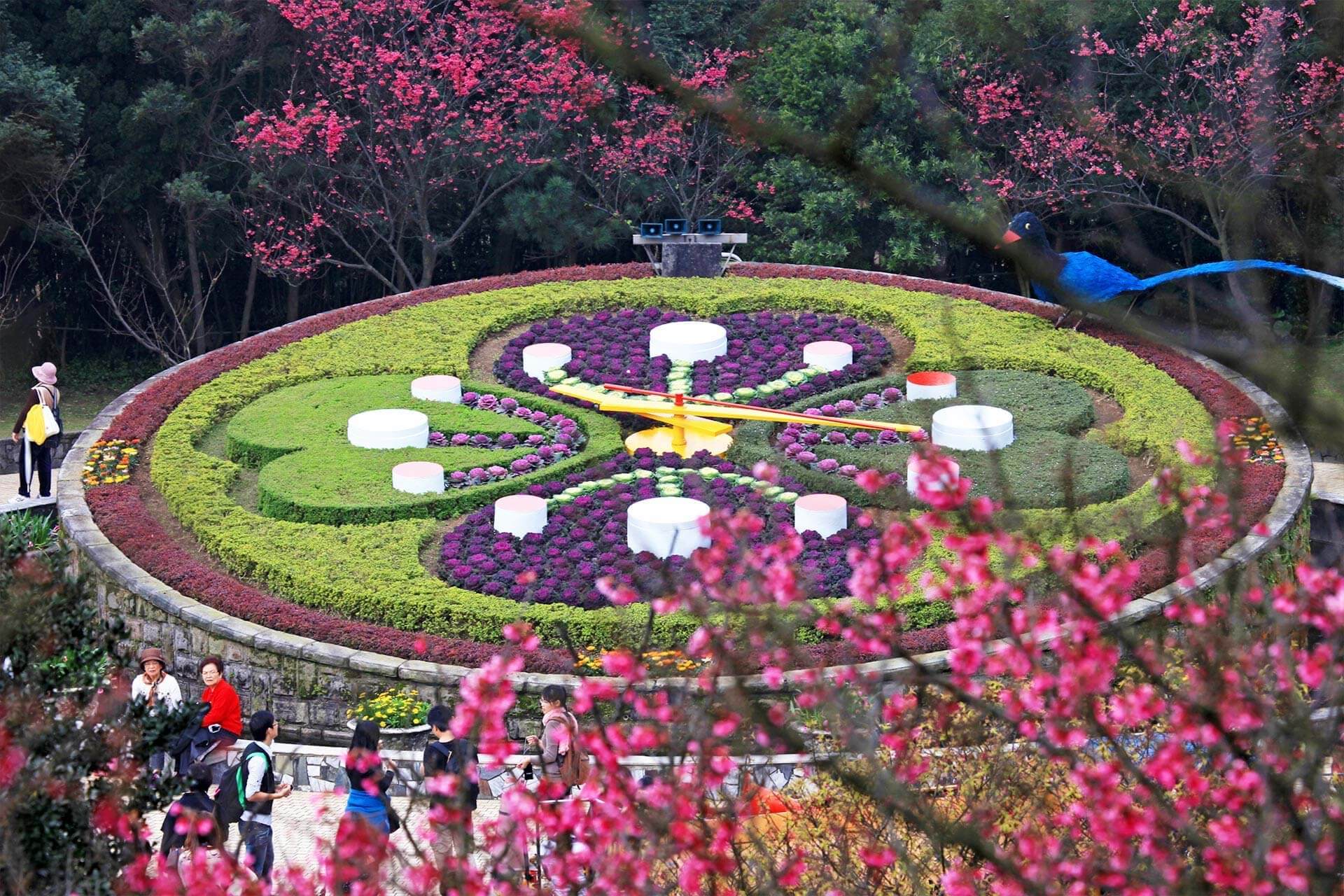Source: 
LANGUAGE
Mandarin is the official language in the Republic of China, though other dialects are also spoken. The most commonly used foreign language is English. Taxi drivers, however, generally only speak Mandarin or Taiwanese.
VOLTAGE
Electricity in Taiwan is 110 Volts, alternating at 60 cycles per second. If you travel to Taiwan with a device that does not accept 110 Volts at 60 Hertz, you will need a voltage converter.
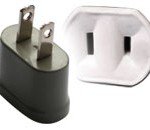 Taiwan Plug Outlet Shape
Taiwan Plug Outlet Shape
TELEPHONE
For international calls, please dial +002 + number
Calling from foreign country to Taiwan, please dial + 886 + 2 (Taipei city) + number
A single local call from a public phone costs NTD1 for 3 minutes with additional coins insertion for continuing service. If needed, the overseas operator may be reached by dialing "100". Direct international call is available from some phones, after dialing the prefix “002”. Rate for direct international calls is charged every six seconds.
CURRENCY
Taiwan's currency is the New Taiwan Dollar (NT$). Bill denominations are NTD2,000, NTD1,000, NTD500, and NTD100. Coin denominations are NTD1, NTD5, NTD10, and NTD50. The exchange rate is around NTD30~32 to USD1 Foreign currencies can be exchanged at the airport upon arrival, or at government-authorized banks, tourist hotels, and department stores. Please retain the currency exchange receipt to exchange unused NT Dollars back to original currency. Traveler's checks in major currencies may be cashed at some tourist-oriented businesses and for customs at most international tourist hotels.
CREDIT CARD
Major credit cards are accepted by hotels, department stores, airlines, most stores and restaurants. Cash can be withdrawn from the ATM which has the same logo on your cards. Cash is generally preferred in most places in Taiwan.
CUSTOMS
Visitors over 20 years old may bring in, duty free, 200 cigarettes or 25 cigars or 0.5 kg of tobacco, one bottle of liquor and one used camera. Gold cannot be exported without a permit issued by the Ministry of Finance. Passengers arriving with gold and silver and planning to take it out at departure must declare it and leave the items with Customs until they leave Taiwan.
TRAVEL INFORMATION
 |  |  |  |
| Tourism Bureau | Dept. of Information & Tourism
Taipei City Government | Taipei Metro Rapid Transit | Taipei City Government |
About TAIPEI
Taipei was first designated as capital in 1875. At that time, Taipei Basin was part of Tamsui County in Taipei Capital. After the 1949 great retreat, Taipei city was then designated as provincial city under Taiwan Providence. In 1990, Taipei City administrative districts were consolidated from the original 16 districts into 12 districts as below: Zhongzheng Dist., Wanhua Dist., Datong Dist., Zhongshan Dist., Songshan Dist., Daan Dist., Xinyi Dist., Neihu Dist., Nankang Dist., Shilin Dist., Beitou Dist., and Wenshan Dist.
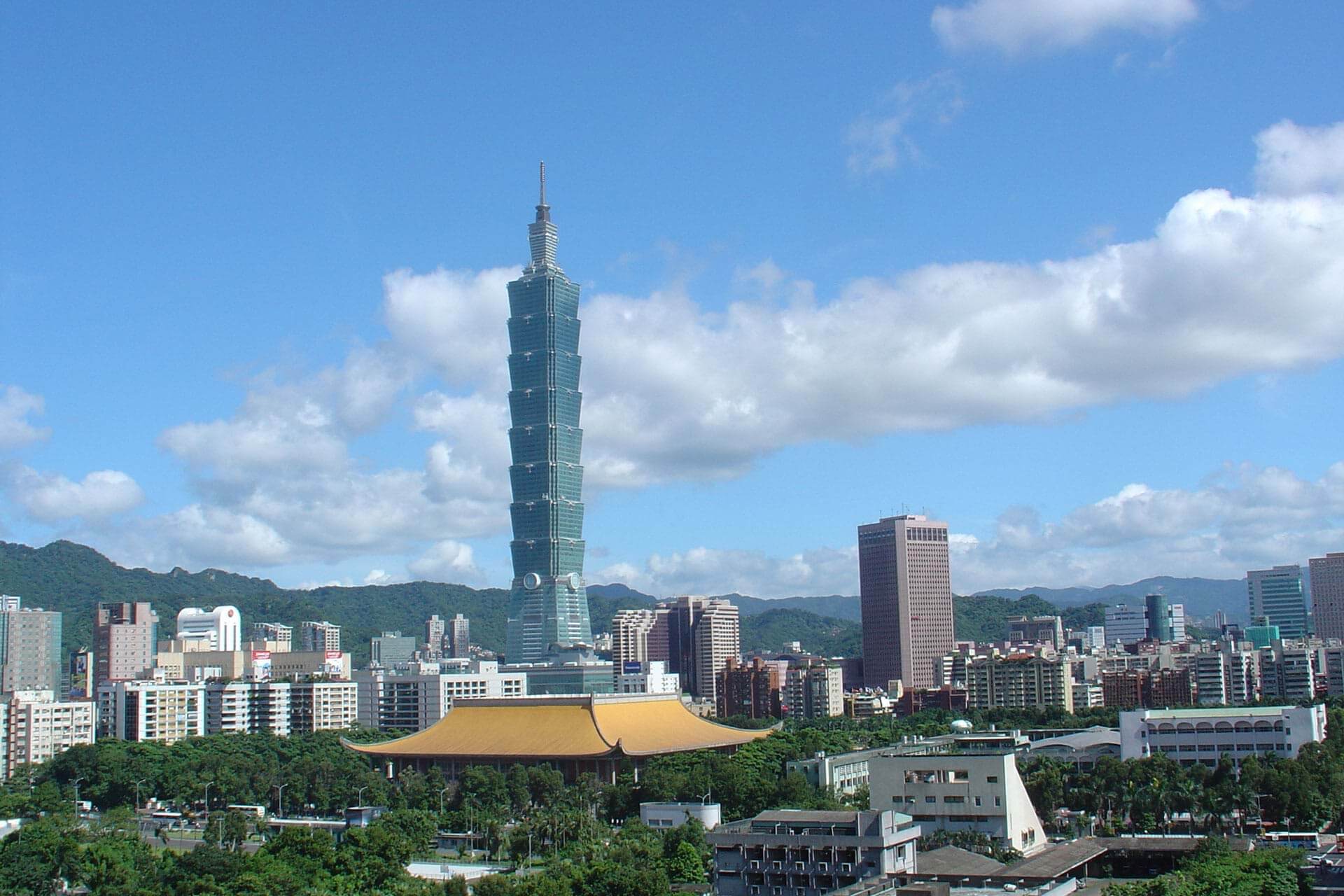
 Transportation
Transportation
Since Taipei launched its first metro system with Muzha Line in March 1996, other lines were completed one after another. The latest line completed, Xiangshan Line runs from Tamsui all the way to Xiangshan (Elephant Mountain), allowing passengers to travel across Taipei shortly. Painted trains are available on popular routes. For example, Xinbeitou station features hot-spring culture painted train to invite passengers embark on an adventurous trip.
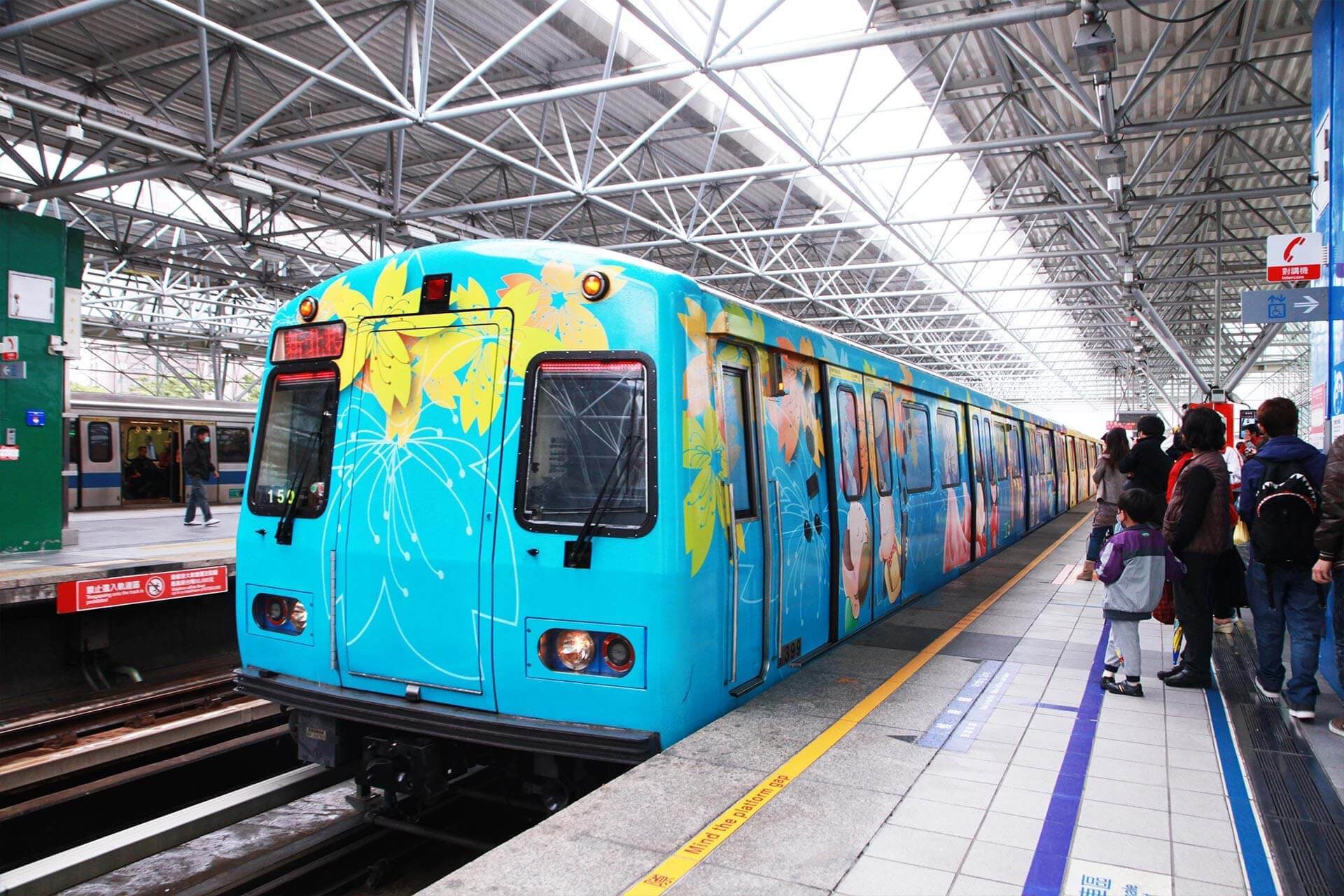
Taipei Main Station is the largest traffic junction in Taipei City with three railway systems, TRA, HSR and MRT. It also connects to Taipei Bus Terminal, allowing passengers to transit more easily. The architectural style of Taipei Main Station is one-of-a-kind. Since its inauguration in 1989, it has become an indispensable transportation hub.

The Taipei YouBike bike-share system was launched in recent years to help ease traffic congestion in the city. As commuters can easily lease and return, the healthy, eco-friendly YouBikes are widely favored and used.
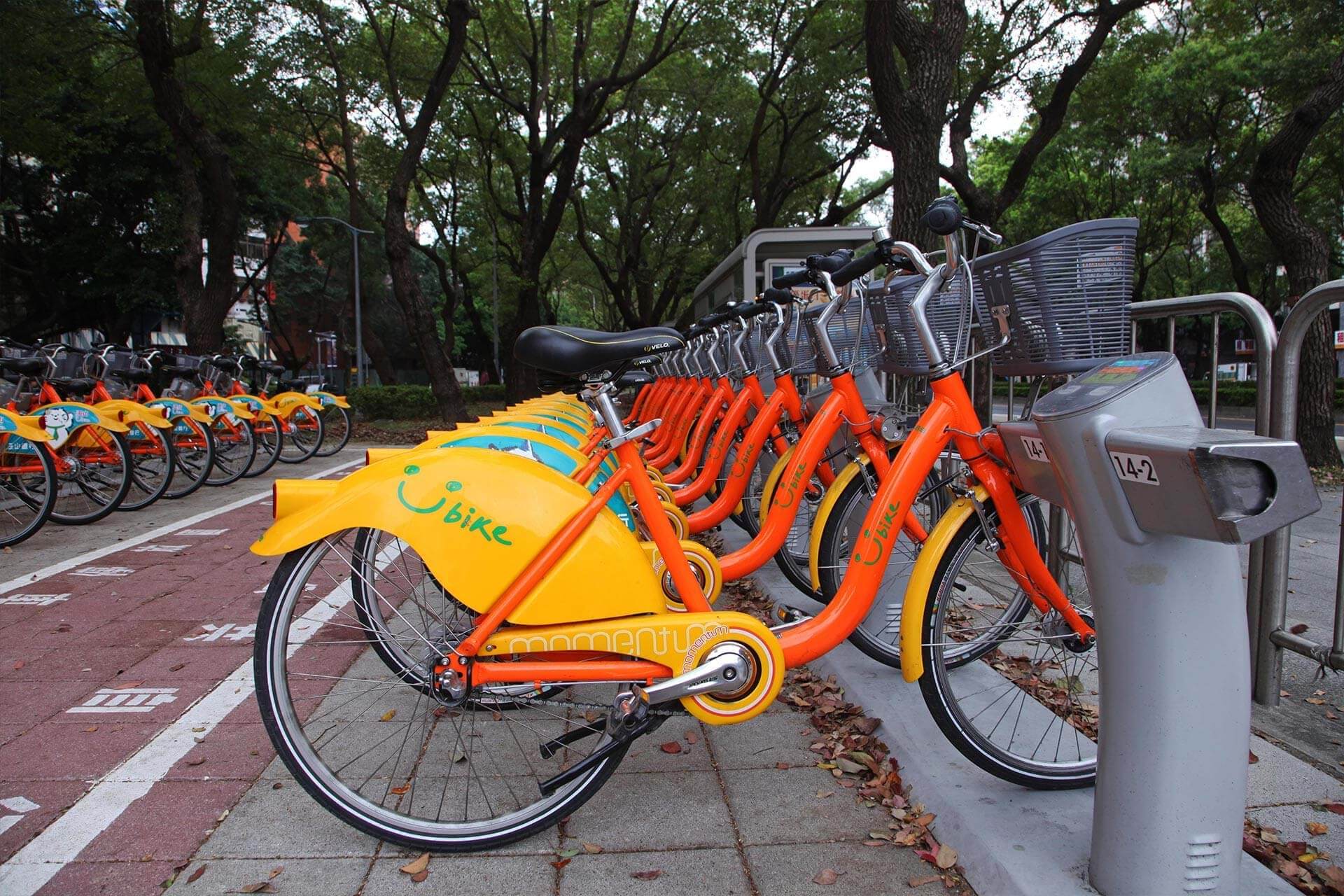
 Scenery
Scenery
Taipei boasts bountiful ecological scenery. The breath-taking scenery derives from an enclosed island ecology for the fact that Taipei Basin was originally a lake. Guandu Nature Park and Yingmingshan National Park are excellent outing destinations for city dwellers to enjoy the unique natural beauty of Taipei.
